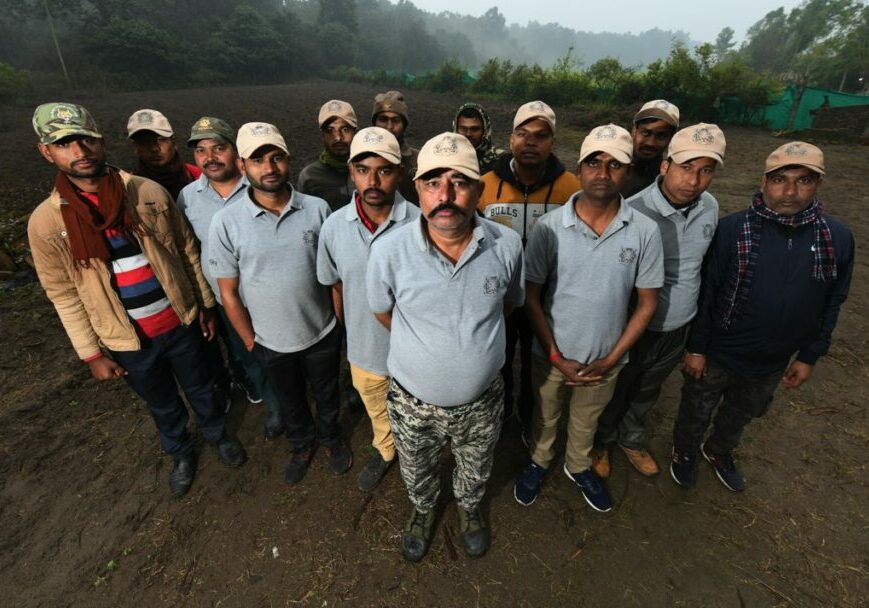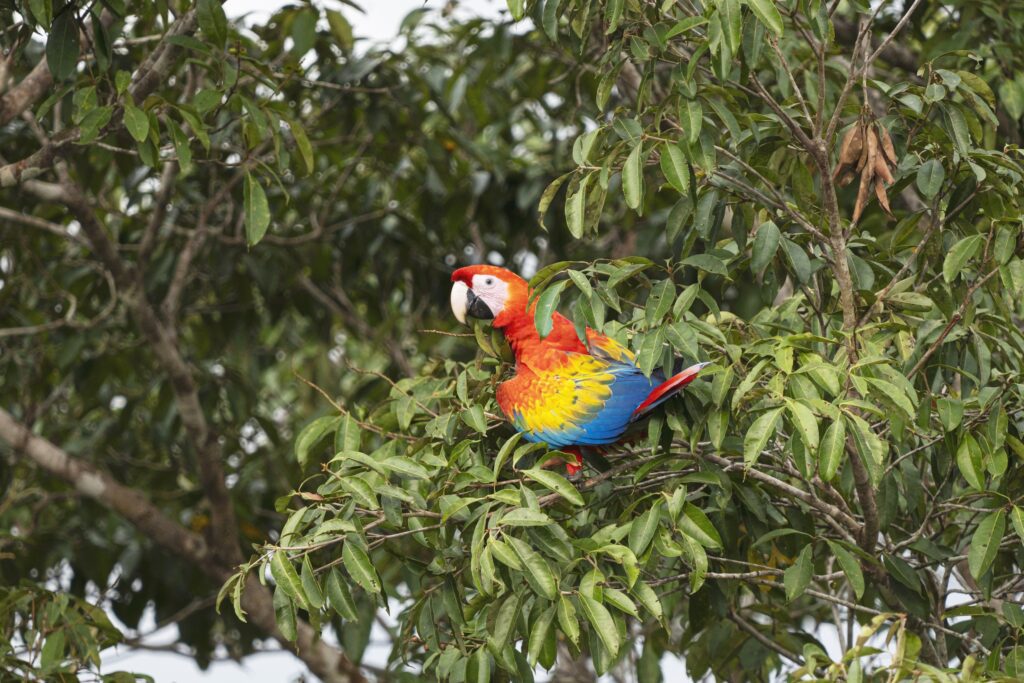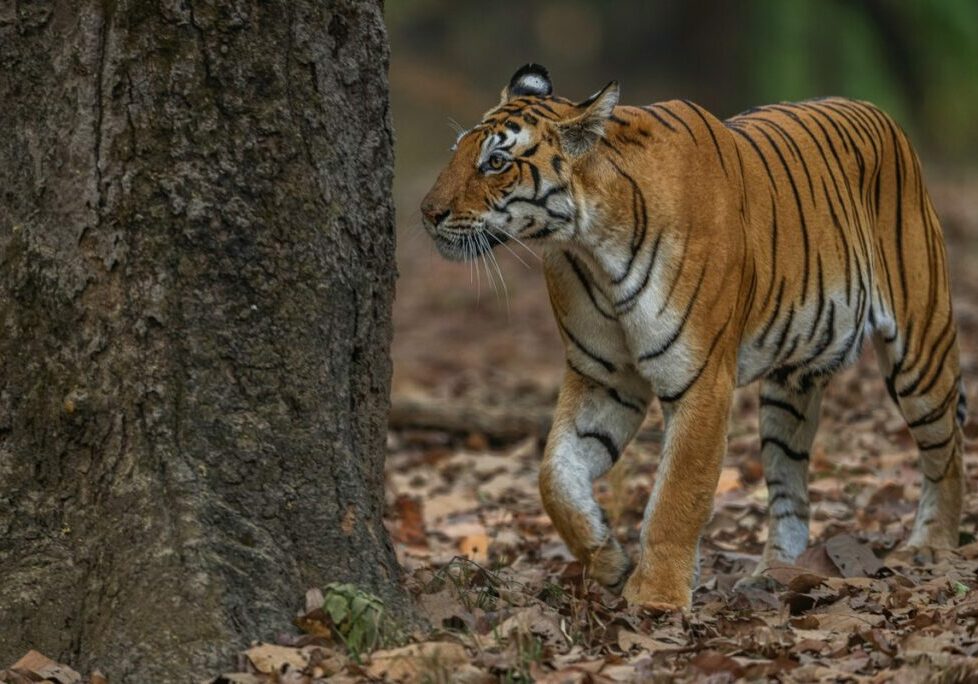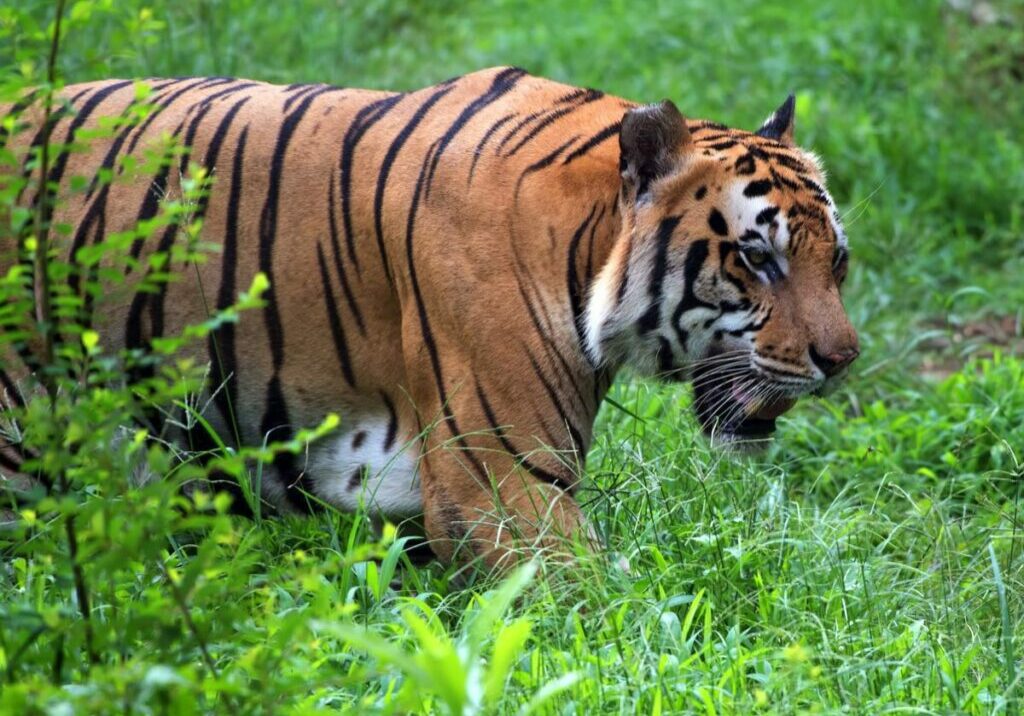The ambitious TX2 project, to double wild tiger numbers around the world between the lunar years of the tiger in 2010 and 2022, has recorded another success story.
The latest results to be announced are from 2022’s All India Tiger Estimation (AITE), an extensive survey which has found that the country hasn’t just met the target but exceeded it.
The AITE estimates that the current population of wild tigers is a minimum of 3,167 – a significant increase since the 2010 survey’s minimum estimate of 1,411 individuals, and another leap since 2018’s AITE identified 2,461 individuals.
The latest AITE was supported by your membership, as WWF-India worked with the National Tiger Conservation Authority, the Wildlife Institute of India and the country’s state forest departments.
Surveyors covered more than 640,000 sq km on foot and studied over 4.7 million camera trap images from more than 32,000 locations.
“It’s incredible that wild tiger numbers continue to increase, thanks to actions undertaken by the government of India and many communities who live near tigers,” says Becci May, WWF-UK’s senior programme adviser for tigers.
The TX2 success builds on conservation work that begun in the 1970s with Project Tiger, which was set up by the Indian government to protect and restore wild tigers and their habitat.
Since then, the government has worked with WWF, the Global Tiger Forum and other organisations to tackle the threats facing the big cats, including poaching, habitat loss, human-wildlife conflict and the illegal wildlife trade.
“Project Tiger was conceptualised with the goal of restoring tiger populations and protecting their habitats in India,” explains Ravi Singh, CEO and secretary general of WWF-India.
“Today, after five decades, Project Tiger is recognised as one of the most successful species-specific conservation programmes globally. The current minimum estimate of 3,167 tigers in the country epitomises the commitment of the government, local communities and concerned citizens towards protecting our national animal.”
“The success of wild tiger population recovery in India gives us hope that with collective and dedicated efforts, we can help biodiversity to recover,” adds Becci. “It’s crucial that we maintain our focus in India and other Asian countries to secure a viable future for wild tigers.”
Adopt a tiger
You can help us continue our work to protect tigers by adopting a tiger.
You helped create a new national park in Colombia
Join our walrus watch!
You supported India’s first national snow leopard survey
More to explore

Photo story: A day with India’s ‘Tiger Friends’
Living alongside wildlife – particularly big cats – can be challenging. But a dedicated group of volunteers in India are helping people and tigers to share the landscape




